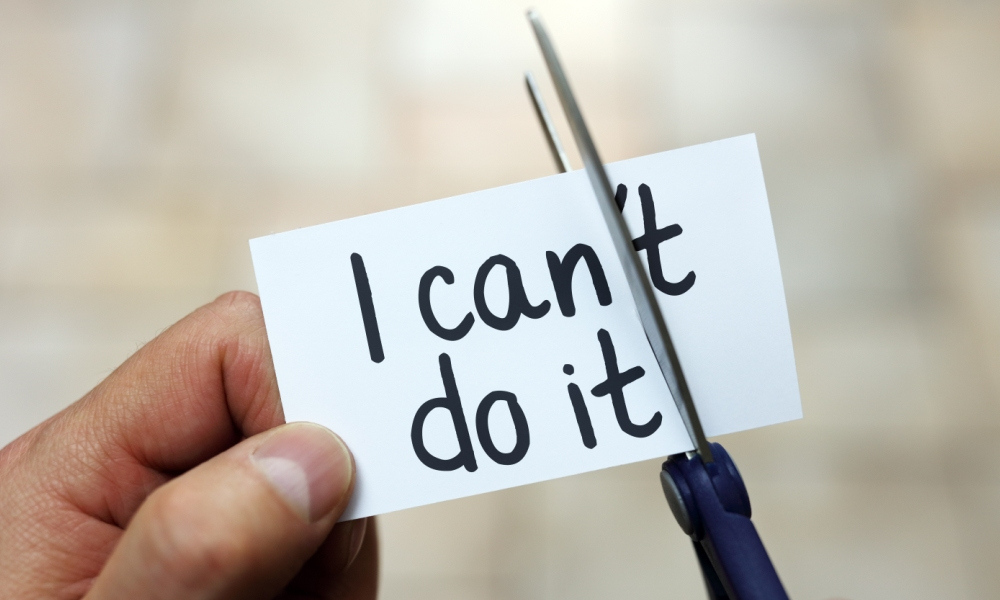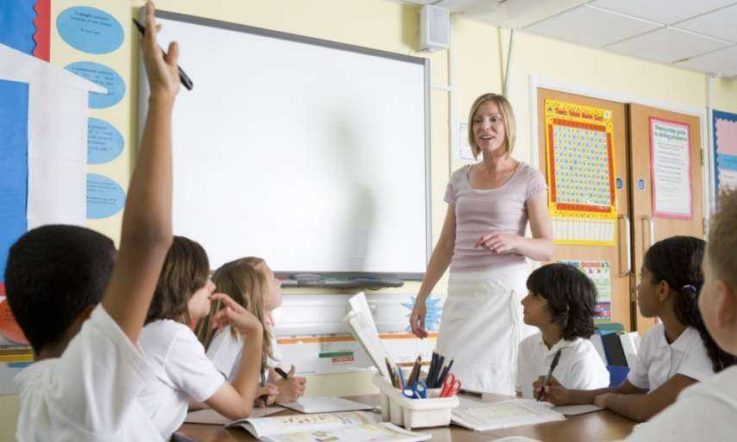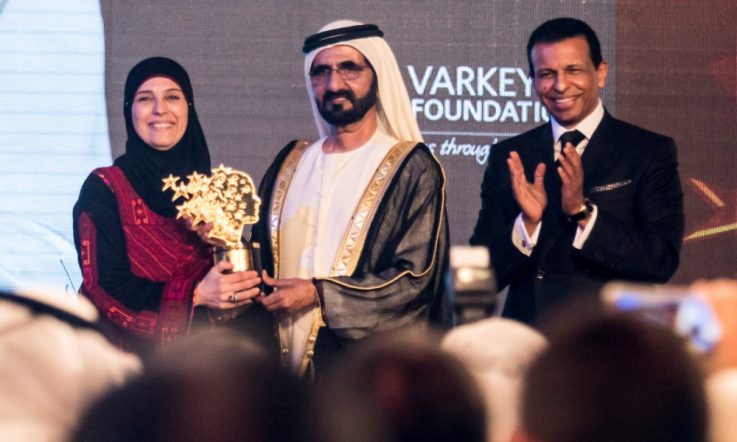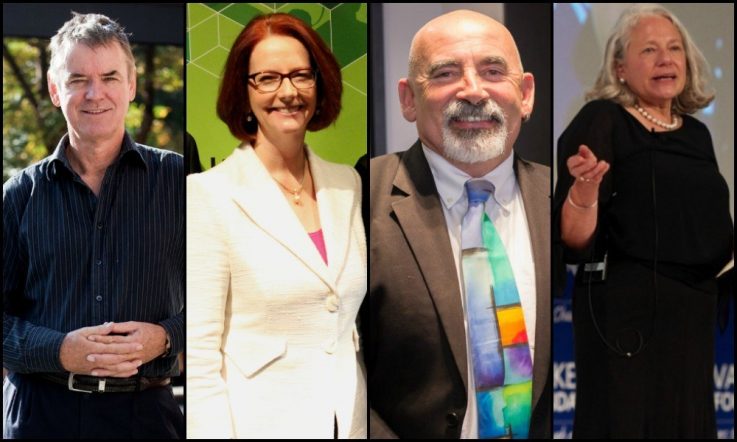Forming school-based partnerships to improve learning outcomes can involve a range of participants, including classroom teachers, subject heads, parents and academics.
When school leaders at New Zealand's Pakuranga College set out to develop and extend teaching expertise, they turned to students as the key collaborators.
Alison Taylor, Deputy Principal at the secondary school in Auckland, tells Teacher the more that students are involved in their learning, the more engaged and motivated they'll be.
'For the last five years we've had a professional learning program running in the school where all teachers undertake an inquiry into the effectiveness of their teaching. Student voice is an integral part of that process, because you've got to find out student perceptions of what teachers are doing in the class [and] how that's helping or hindering their learning.'
From small student presentations to staff through the Academic Council, the program has gradually grown over the years. ‘Teaching and learning partnerships' are now built into the school's professional learning structure – a system which encourages students to give their feedback on what they think makes for effective teaching.
‘We have collegial observations and the observation form that we use has space [for] questions that the observing teachers ask students about what's happening in the classroom, the learning strategies that are being used and how much they understand of the learning intentions and so on,' Taylor explains.
‘We also do what we call “public presentations of inquiry” where teachers and students present together. It's where teachers are saying “this is the teaching and learning problem that I discovered in my class, these are the actions that I took and here are some students that are going to tell you about the effect of [those actions] on their learning".'
In a professional learning project focusing on Year 10, teachers worked with coaches to better support struggling students. Taylor says this was a pivotal moment in the learning partnerships journey. ‘These were students who'd been identified as slipping through the gaps … we interviewed them at the end of their Year 10 and asked them about what made an effective teacher.'
The questions were: What do teachers do to motivate you? What do teachers do that helps you with your learning? What do teachers do to make you feel you can achieve? What kind of teacher feedback helps you? What is an effective learning environment? Does it matter whether a teacher cares about you? They were also asked about their own cultural identity and what it means to be a Pakuranga College student.
When talking about motivation, student responses included: ‘break down large assessments into smaller chunks and goals' and ‘share exemplars of student work to show success and to inspire'. On building confidence, responses included: ‘teacher's positive language and beliefs' and ‘offering second chances and focusing on growth'. And, on the question ‘What kind of teacher feedback helps you?' responses included: ‘on my learning rather than on me as a person', ‘step by step guidance' and ‘concretely shows what I need to do next'.
A video was created out of the student responses, which was shown to teachers. ‘That was extremely powerful and what it highlighted to us was just the whole importance of relationships and those really kind of basic things about having high expectations of all your learners, high levels of relational trust, really communicating with students that you believe they can be successful ...,' Taylor recalls.
‘It reinforced what a lot of teachers were thinking, but when you're hearing it from the mouths of your own students [that's] really powerful. Everything that they were saying matched all the books that you read about effective teaching.'
Building on that work, students across different faculties answered the same sorts of questions and their responses were also videoed as a teaching exercise for staff. ‘From that, as a school we've co-constructed what we call the Pakuranga Effective Teacher Profile.'
The next step of Pakuranga's journey is to continue to identify ways to ensure the effective practices are happening in the classroom. Taylor says the ultimate aim is to improve learning outcomes, but the process itself has been a positive one. ‘Students really like it because they have a real sense of empowerment.
'They say that "teachers are good at leading the class, but sometimes they don't actually know what the needs are of all students, so for us to be able to tell them what we think and how we're learning it's a very powerful thing".
'It can only be better for the teachers and better for the learners.'
Taylor shared details of Pakuranga College's work on collaborative learning partnerships at the Excellence in Professional Practice Conference today. The theme of the 2016 conference is Collaboration for school improvement.
To download a copy of the Pakuranga College Effective Teacher Profile, click on the link. (PDF 397KB)
The Teacher team is posting live updates from EPPC 2016 on Twitter @teacheracer (#TeacherMag). Stay tuned for future articles, podcasts and videos featuring EPPC 2016 presenters.
How are you capturing student voice in your school?
What do you think the characteristics of an effective teacher are?
Have a chat to your colleagues – do they agree with you? What do your students think?



